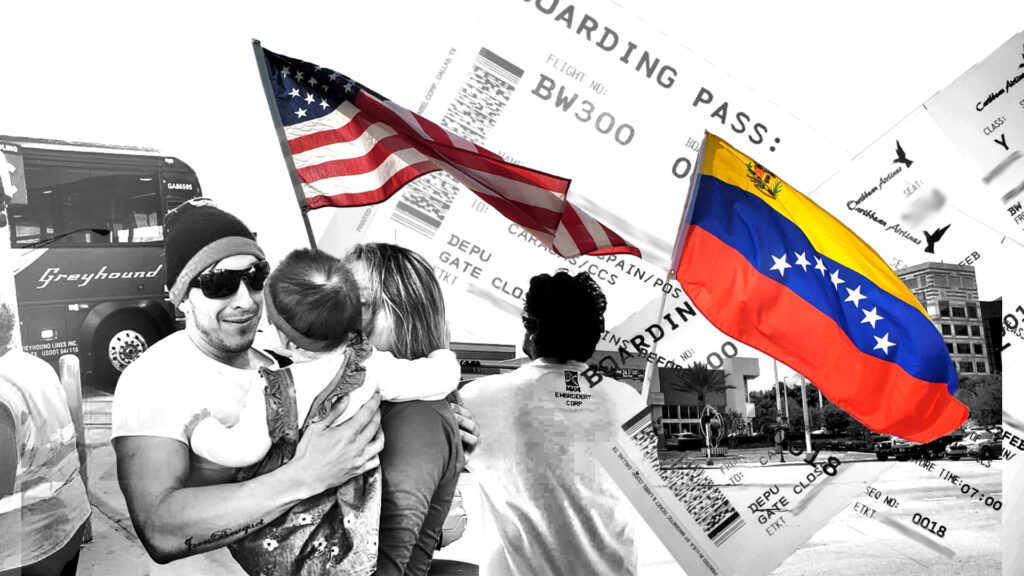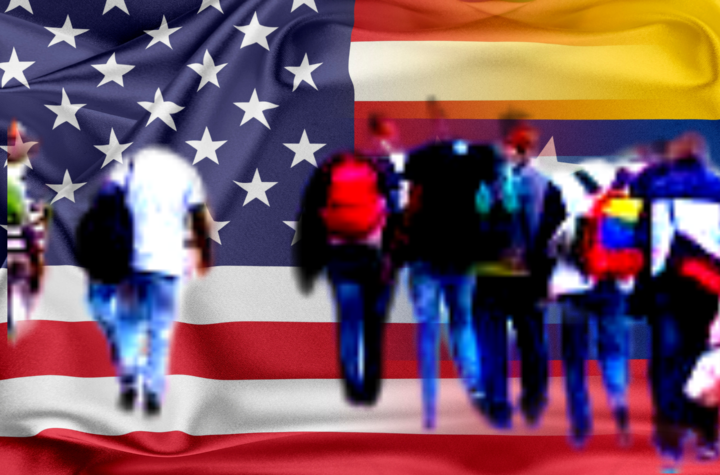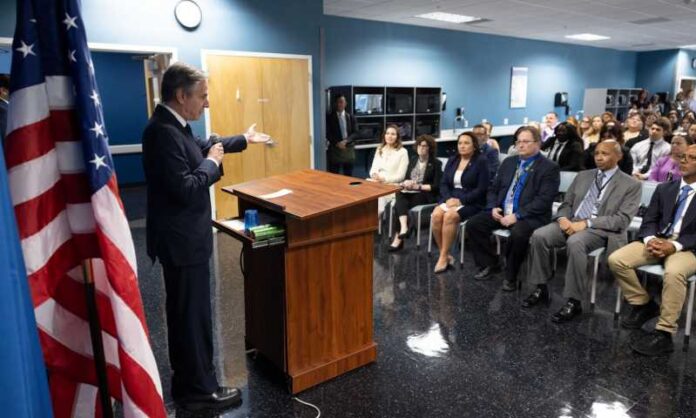
Retrieved
The United States has implemented stricter sanctions for migrants attempting to enter the country irregularly from Mexico, while also offering migration options to Canada and Spain. This includes the reintroduction of Title 8, which outlines procedures for the entry, residence, and naturalization of aliens in the US. The asylum process has become more challenging at the US-Mexico border, with the Biden administration promising harsher penalties, such as a five-year re-entry ban for those deported due to illegal entry. Unaccompanied minors will not be expelled, but families will face stricter standards, potentially leading to increased rejections and expedited removals.
Migrant families arriving in the US will undergo expedited removal proceedings, requiring them to defend their asylum claims under more stringent conditions than before. To obtain asylum, they must establish a “credible fear” by convincing an asylum officer that their life is at risk in Mexico, or they have a serious physical ailment or have been victims of human trafficking. Even with the required CBP One form, migrants still need legal representation to prove their asylum case in immigration court and avoid eventual deportation.
The United States has announced that it will no longer accept asylum applications from individuals who have not used the appointment system scheduled through the CBP One mobile application or who have not sought protection or asylum in countries they passed through before arriving in the United States. As a result, some families and single adults will be subject to expedited removal proceedings under Title 8. These measures became effective on May 12.
The CBP One system provides an online appointment service for asylum seekers and operates at eight ports of entry along the Mexico border, prioritizing those who have been waiting the longest. The United States will continue to grant parole to immigrants from Venezuela, Cuba, Nicaragua, and Haiti, with a monthly allowance of up to 30,000 applicants under strict conditions, including having a sponsor. Additionally, new processing centers will be established in Colombia and Guatemala to evaluate migrant applications.
A program called Safe Mobility will enable legal migration to Canada or Spain. President Biden has committed to opening 100 immigration processing centers in key countries in the Western Hemisphere, including an online platform for appointment scheduling. These centers will provide initial processing and screening for all applicants.
Amnesty International has welcomed the expansion of entry points for refugees to seek protection without undertaking dangerous journeys to the border. However, they caution that the United States must uphold its international obligation to respect the right to seek asylum. The US Immigration Council also supports this announcement but advocates for the US government to ensure that asylum is still provided to those who cannot access these entry points. The Roots Venezuelanas Miami program, which aids vulnerable migrants arriving in Florida, does not view these measures as a viable solution to the growing migration issue.





More Stories
EEUU anuncia apoyo adicional para venezolanos
Reunión Ministerial regional sobre Migración.
La política postelectoral